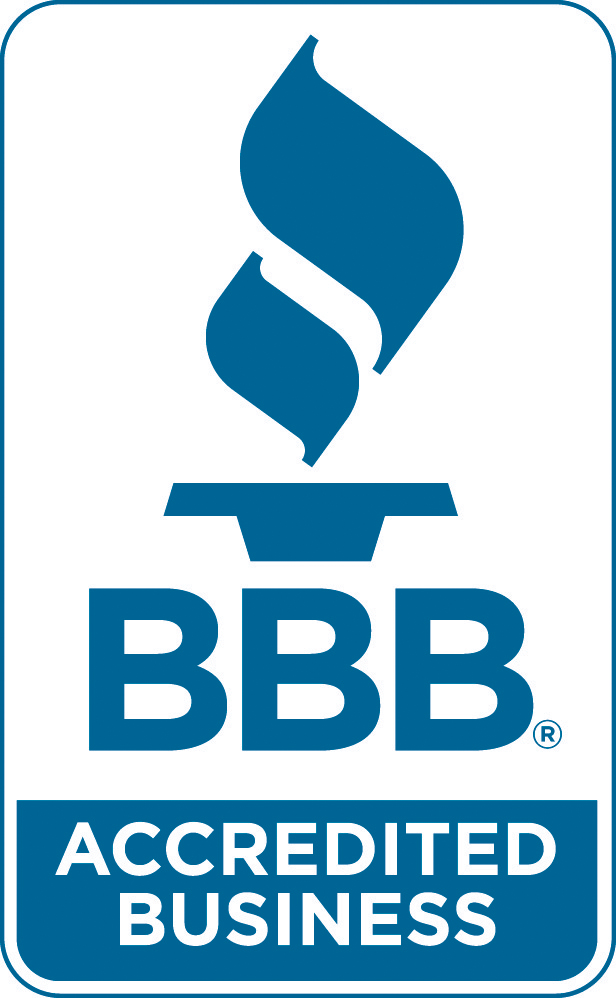What is a conservation easement?
A conservation easement is a permanent protection that a landowner places on his or her property to limit future subdivision and development. The easement may protect specific natural, scenic or historic features of the property. Each easement is unique. The easement terms are negotiated between the landowner and a public agency or a qualified conservation organization. Except for rights explicitly given up in the easement document, the landowner continues to own, use and control the land. The landowner can still decide who may come on the property for what purpose, just as before. An easement is a particularly useful tool for ensuring protection of Virginia’s open spaces because it lasts forever—it protects the land not only for the current landowner, but all subsequent owners of the property as well.
Why should I donate a conservation easement? What are the benefits?
An easement will protect the land you love forever, preserving family farms, wildlife habitat, streams, open space, woodlands and scenic vistas. Your donation of an easement can motivate your neighbors to do the same, ultimately leading to the protection of larger landscapes in your community. While most conservation easements are donated because of the owner’s love of the land and their desire to see it protected in perpetuity, there are also significant tax advantages associated with an easement donation. An easement may be a critical element of your strategy to keep rural land in the family, as an easement can help prevent forced sale of property to pay estate taxes. The federal estate tax benefits provided by the American Farm and Ranch Protection Act make it possible for families that donate conservation easement to pass their property on to heirs with stronger assurance that it can stay in the family. There are also significant state and federal income tax and property tax savings associated with the donation of easements. In Virginia, there is even a state tax credit that can be sold, allowing partial cash compensation for easement value.
Who do I donate a conservation easement to?
In Virginia, conservation easements can be donated to a number of public or private entities, including:
- the Virginia Outdoors Foundation (VOF), serving all of Virginia
- the Blue Ridge Land Conservancy, serving the greater Roanoke region
- the Valley Conservation Council, serving the greater Shenandoah Valley region
- the New River Land Trust, serving the New River Valley
- the Central Virginia Land Conservancy, working with VOF in the greater Lynchburg region
- the Piedmont Environmental Council, serving Virginia’s upper Piedmont
- the Virginia Department of Conservation and Recreation, serving all of Virginia
- the Virginia Department of Forestry, serving all of Virginia
- the Virginia Department of Historic Resources, serving all of Virginia
How do I donate a conservation easement?
The first step in donating an easement is to contact your local land trust for further information. If you don’t live in one of the areas listed above, visit findalandtrust.org to find your local land trust. All land trusts have staff members with years of land conservation experience who will be happy to meet with you and your family to discuss various options. With the future of such a precious asset at stake – your land – we also suggest that prospective easement donors consult their own attorneys and planning professionals.
Cash for Conservation
Virginia tax credit sales offer landowners new options Virginia’s tax credit code gives landowners powerful new financial incentives for donating conservation easements. Anyone who donates a conservation easement on property in the Commonwealth of Virginia (including out-of-state owners) may be able to claim 40 percent of the value of the easement gift in Virginia income tax credits. Landowners can sell tax credits that they can’t use, providing cash for conservation.
The difference between what a property would sell for with and without an easement is the easement value, which must be determined by a certified appraiser. If a $500,000 parcel of land is worth $300,000 with an easement that limits subdivision, the easement value is $200,000. This gives the owner an $80,000 Virginia tax credit, which can be used or sold.
At the federal level, there is a federal tax deduction that reduces a taxpayer’s adjusted gross income, as well as an estate tax benefit. Conservation easements may also lower local property taxes.
For the latest information, please contact your local land trust. Prospective easement donors are also encouraged to consult their own financial and legal advisors as well.
Conservation Easement Donor Testimonials
“I was born on this land and I’ve lived here all my life, off and on. I didn’t want it cut up into subdivisions. I’d like all of my neighbors to donate conservation easements, because it’s the only way to preserve this part of the country.”
– Barbara Hatcher of Bedford County preserved her 158 acres near the Peaks of Otter by donating a conservation easement to the Blue Ridge Land Conservancy and the Peaks of Otter Soil and Water Conservation District.“Conservation easements are a valuable tool for balancing private property rights with land conservation. I sell land for a living, and I advocate conservation easements as a voluntary way to preserve land and to help landowners with tax deductions and credits.”
– Jim Woltz, former Blue Ridge Land Conservancy trustee, realtor and auctioneer and a donor of conservation easements protecting over 1,700 acres, much of them in Roanoke and Floyd counties.“A conservation easement allowed us to preserve our land for future generations and to honor our forefathers who labored so hard to preserve it for us…With the tax advantages from our easement donation, I feel like we sold part of our land and got to keep it all. The easement doesn’t restrict any of the plans we had for the land and it protects it from the things that we’d hate to see happen.”
– Arnold Hurt donated an easement on 175 acres in Franklin County to the Blue Ridge Land Conservancy and the Virginia Outdoors Foundation.“My land is special to me. I hunt on it, watch wildlife, and manage timber. I enjoy its beauty and wanted to make sure that it’ll be here for future generations. Since it borders the Blue Ridge Parkway and Smart View Recreation Area, I’m also aware of how my decisions could affect a valuable public resource.”
– Jim Wilson, a former Blue Ridge Land Conservancy trustee, and his wife Esta preserved more than 900 acres of Franklin County land along the Blue Ridge Parkway.“I can die in peace. Nobody can destroy the creek or land, praise the Lord.”
– Faye Hundley and husband Ray donated conservation easements to the Blue Ridge Land Conservancy, Mountain Castles Soil and Water Conservation District and VOF on 900 acres of forest and farmland near Eagle Rock in Botetourt County
Information courtesy of the Piedmont Environmental Council and the Blue Ridge Land Conservancy















